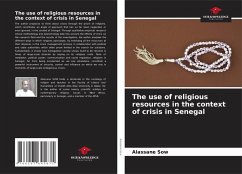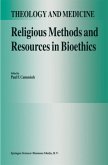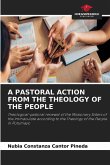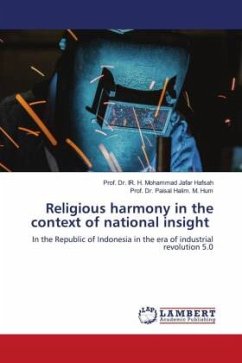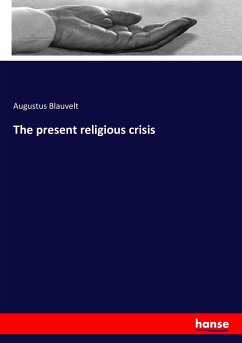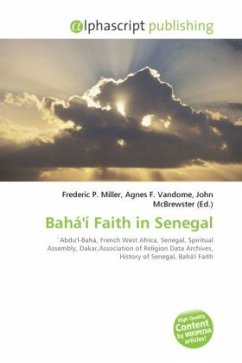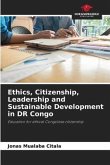The author proposes to think about crises through the prism of religions, which constitutes an angle of approach that has so far been neglected, or even ignored, in the context of Senegal. Through qualitative empirical research whose methodology and epistemology take into account the effects of crisis on the research field and the results of the investigation, the author analyzes the different ways in which religions participate, by mobilizing all the resources at their disposal, in the crisis management process in collaboration with political and state authorities which often prove limited in the search for solutions. Substantially, it shows how Senegalese society shows itself to be resilient in times of large-scale disaster by relying on its religious roots. Tools of mediation, political power, communication and social regulation, religions in Senegal, far from being secularized as we see elsewhere, constitute a powerful instrument of security, control and influence on which werely in moments of large-scale endogenous crises.
Bitte wählen Sie Ihr Anliegen aus.
Rechnungen
Retourenschein anfordern
Bestellstatus
Storno

